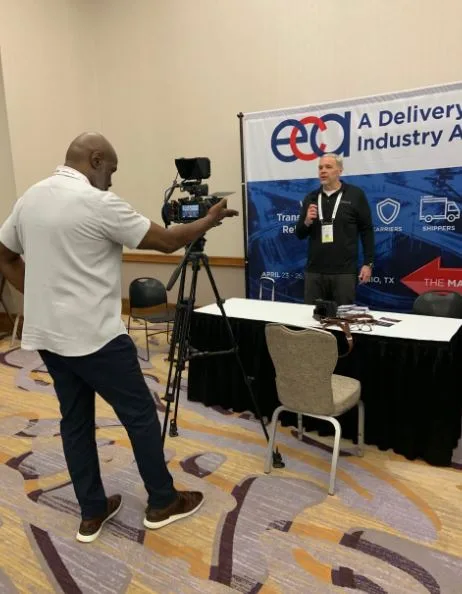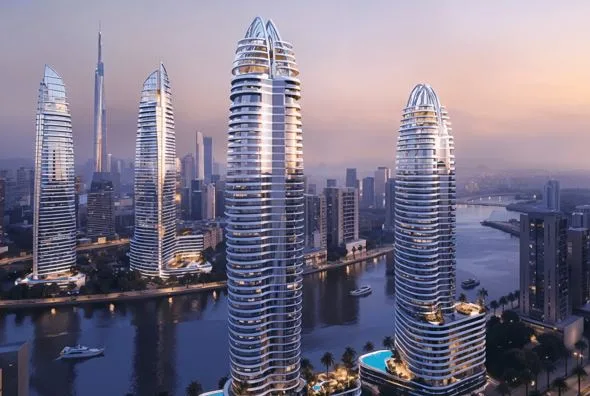Industries That Rely on Custom Metal Extrusions
Custom metal extrusions are everywhere. You see them in car frames, airplane wings, building facades, and smartphone casings. But most business owners don’t realize how many industries depend on this manufacturing process to create the precise shapes and profiles they need.
Metal extrusion takes raw metal and forces it through a die to create specific cross-sectional shapes. Think of squeezing toothpaste from a tube, but with aluminum, steel, or copper at high temperatures and pressures. The result is consistent, strong profiles that would be expensive or impossible to make any other way.
What Makes Metal Extrusion So Valuable
The process offers several advantages that make it attractive across industries. First, it creates uniform shapes with tight tolerances. Second, it’s cost effective for both small runs and large production volumes. Third, the structural integrity of extruded parts often exceeds what you get from welded or assembled alternatives.
Different extrusion methods serve different needs. Hot extrusion works well for steel and other hard metals, while cold extrusion suits softer materials like aluminum. Understanding how impact extrusion works becomes important when you need hollow shapes or complex internal geometries. Impact extrusion uses a punch to force metal around a die, creating seamless hollow parts in a single operation.
Automotive Industry Applications
Car manufacturers rely heavily on custom metal extrusions. Drive down any highway and you are surrounded by extruded parts. Door frames, window channels, bumper components, and structural reinforcements all start as custom extrusions.
The automotive industry particularly values aluminum extrusions for their strength-to-weight ratio. A typical sedan contains dozens of extruded aluminum profiles. These parts reduce vehicle weight without sacrificing safety or durability. Modern electric vehicles use even more extruded components, especially in battery housing and thermal management systems.
Precision matters in automotive applications. A door frame that’s off by a few millimeters won’t seal properly. Window channels need exact dimensions to hold glass securely while allowing smooth operation. Custom extrusions deliver this precision at scale.
Heat exchangers represent another major automotive use. The complex internal passages required for efficient heat transfer are nearly impossible to machine from solid metal. Extrusion creates these intricate shapes in one pass, reducing manufacturing costs and improving performance.
Aerospace Demands for Custom Profiles
Aerospace takes metal extrusion requirements to another level. Aircraft components must be lightweight, incredibly strong, and able to withstand extreme conditions. Custom aluminum and titanium extrusions meet these demanding specifications.
Wing spars, fuselage frames, and landing gear components often start as custom extrusions. The aerospace industry needs parts with complex geometries that traditional machining would make prohibitively expensive. A single wing spar might have internal reinforcing ribs, mounting points, and weight-reducing hollow sections all formed in the extrusion process.
Quality standards in aerospace are unforgiving. Every extruded part undergoes rigorous testing and inspection. The traceability requirements mean manufacturers must document every step of the process, from raw material chemistry to final dimensions.
Titanium extrusions are particularly valuable in jet engines, where high temperature performance is critical. The extrusion process aligns the metal’s grain structure, improving fatigue resistance and high temperature strength beyond what’s possible with other manufacturing methods.
Construction Industry Relies on Structural Extrusions
Construction uses more extruded aluminum than any other industry. Walk through any modern building and you’ll find extruded profiles in windows, doors, curtain walls, and structural framing.
Window and door frames showcase extrusion’s versatility. A single frame profile might include channels for glass, weather stripping grooves, mounting points for hardware, and thermal breaks to improve energy efficiency. Creating this complex geometry through welding or assembly would be expensive and less reliable.
Curtain wall systems depend entirely on custom extrusions. These building facades need to support their own weight, resist wind loads, and provide weather sealing. The interlocking profiles that make this possible are designed specifically for each project and manufactured through extrusion.
Architectural applications push the boundaries of what’s possible with extrusion. Complex decorative profiles, integrated LED lighting channels, and multi chamber thermal barrier systems all demonstrate the process’s flexibility.
The construction industry also values extrusion’s surface finish options. Anodizing, powder coating, and thermal barrier coatings can all be applied to extruded profiles, providing both protection and aesthetic appeal.
Electronics Industry Precision Requirements
Consumer electronics demand precision and miniaturization that makes extrusion essential. Smartphone frames, laptop housings, and heat sinks all rely on custom extruded profiles.
Heat management drives many electronics applications. LED light fixtures use extruded aluminum heat sinks to dissipate thermal energy. The fins, channels, and mounting features are all formed in the extrusion process. Machining these features from solid aluminum would be expensive and wasteful.
Electromagnetic interference shielding represents another electronics application. Extruded profiles with specific geometries can provide EMI protection while maintaining lightweight construction. The precision possible with extrusion ensures consistent shielding effectiveness across production runs.
Cable management systems in data centers and office buildings use custom extruded channels. These profiles must accommodate specific cable sizes while providing protection and organized routing. Standard shapes rarely fit these specialized requirements.
Other Industries Finding Value
Medical device manufacturing increasingly uses custom extrusions for equipment frames, surgical instruments, and diagnostic equipment. The biocompatibility of certain aluminum alloys, combined with extrusion’s ability to create smooth, easy to clean surfaces, makes it valuable for medical applications.
The renewable energy sector depends on extrusions for solar panel frames, wind turbine components, and energy storage systems. Solar panel frames must be lightweight, corrosion-resistant, and precisely dimensioned to hold photovoltaic cells securely.
Marine applications use custom extrusions for boat frames, deck hardware, and structural components. The corrosion resistance of marine-grade aluminum alloys, combined with extrusion’s ability to create complex shapes, serves this demanding environment well.
Food processing equipment relies on extruded profiles that meet strict sanitary requirements. The smooth surfaces and rounded corners possible with extrusion reduce bacterial growth points and simplify cleaning procedures.
Choosing the Right Extrusion Partner
Success with custom metal extrusions depends on finding the right manufacturing partner. Look for companies with experience in your industry and the capability to handle your specific requirements.
Design assistance is valuable early in the development process. Experienced extrusion companies can suggest modifications that improve manufacturability while reducing costs. They understand how wall thickness, corner radii, and tolerance requirements affect both performance and price.
Quality systems matter, especially for regulated industries. Make sure your extrusion partner has the certifications and traceability systems your applications require.
Custom metal extrusions enable innovations across industries by providing cost-effective solutions for complex shapes. From automotive lightweighting to aerospace performance requirements, construction efficiency to electronics precision, extrusion continues proving its versatility. As industries evolve and new applications emerge, custom metal extrusions will likely play an even larger role in modern manufacturing.





